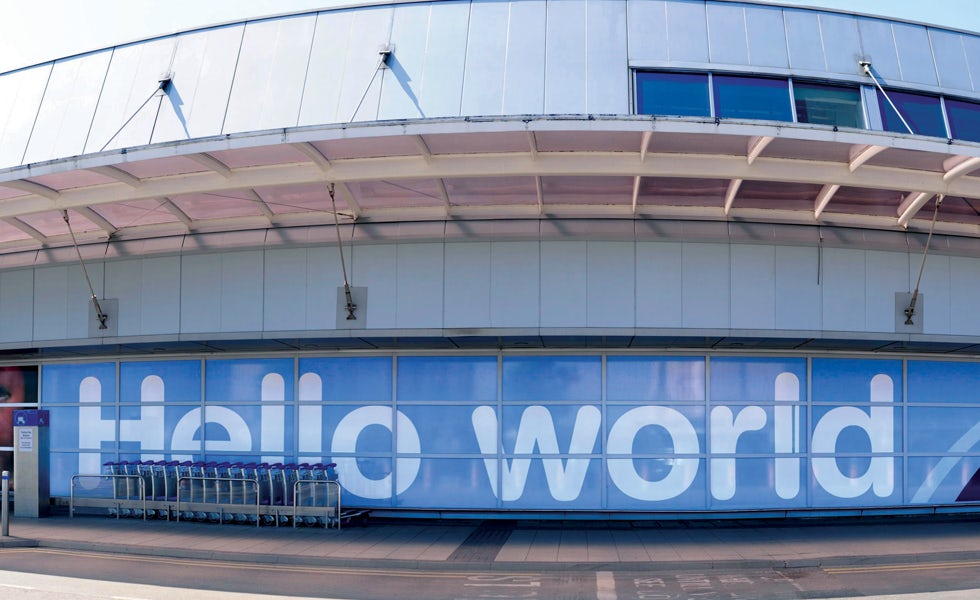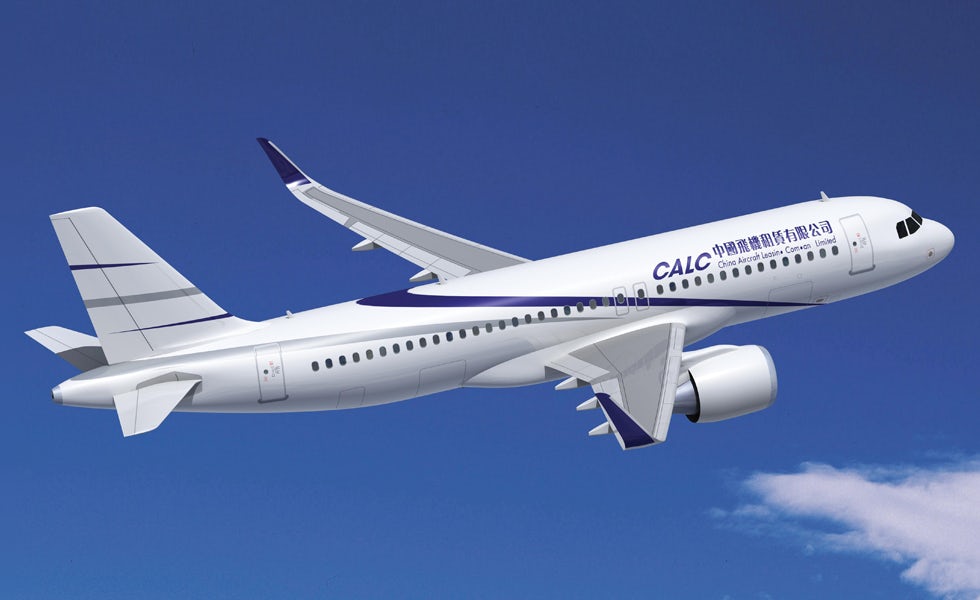Who are the real brand guardians?
Does high staff turnover among marketers mean it’s now agencies upholding brand values?


Who is the modern-day brand guardian? In-house marketers would always claim to bear the ultimate responsibility for what their brand stands for and how it is presented to the outside world, but as digital transformation and corporate pressures reshape the profession, is the baton of stewardship passing from client-side marketers to the agencies that manage their accounts?
The Marketing Week Salary Survey 2015 reveals the extent of job churn among marketers, with 81% planning to leave their posts in the next three years and 39% aiming to exit in the next 12 months. This correlates with the worryingly short tenure of today’s chief marketing officers (CMOs), which stands at just 18 months on average, according to The Marketing Society.
Such upheaval has raised questions about where brand guardianship ultimately resides – if a company is losing marketers with great regularity, who is upholding the brand’s core values? Agencies, with their extensive experience and external objectivity appear ready to step into the breach, particularly as brands turn to them for specialist support across a growing array of media and technology.
Tesco, which has arguably lacked a clear brand guardian during its recent internal restructuring, last month turned to a new advertising agency to revitalise its fortunes. The retailer ditched Wieden & Kennedy London and handed its £110m account to BBH without a pitch. The deal was sealed following a personal meeting between Tesco chief executive Dave Lewis and BBH’s global boss Neil Munn, suggesting a huge level of trust in the agency’s ability to bring the brand magic back to Tesco.
“I would argue it’s the CEO, not just the CMO, who is the ultimate head of brand.”
Ben Fennell, BBH London
Last year BBH also renewed its account with British Airways, held since 2005, after answering the airline’s call to offer a new agency model that combined advertising with digital marketing and loyalty services. The deal was hailed as a marketing industry “first” by BA. Head of marketing Abigail Comber explained that the pitch reflected changes in the agency marketplace and in consumer consumption habits “as we set out a challenge to put engaging content at the heart of every piece of communication, whatever the channel”.
BBH London chief executive Ben Fennell believes that the trend towards consolidation of services will continue, but disagrees that agencies are taking on the mantle of brand guardians, warning that this view can lead to complacency among client-side marketers. “We’re very proud of the partnerships, the consistency and the role we play, but I think agencies overstate the case when they claim they are the brand stewards,” he says.
“I would argue it’s the CEO, not just the CMO, who is the ultimate head of brand. I’ve worked with a number of CEOs who make this point very vividly – the brand is defined as much by the actions of a business, not simply its marketing.”
The recent parting of ways between BBH and Waitrose is a good example of why client-side marketers should avoid becoming overly reliant on their agencies. Following the Tesco deal, BBH was forced to drop its much less lucrative Waitrose account, worth around £25m, to avoid a conflict of interests. The abrupt departure, following a successful four-year partnership, highlights the dominance of commercial forces and the lack of room for sentimentality in client-agency relationships.
Both sides made complimentary statements about the other following the announcement, with Waitrose marketing director Rupert Thomas confirming that the retailer would “take some time to think creatively about our approach”. Fennell says that despite the separation, the Waitrose brand will continue to thrive thanks to the strong sense of guardianship on the client side.
“There’s no better example of a group of people who really understand and steward their own brand [than Waitrose],” he says. “The idea of a company like Waitrose abdicating ownership of their brand to an agency would be abhorrent to them.”
Jeremy Ellis, marketing and digital director at travel company TUI Group, is also a firm believer in the duty of in-house marketers to protect their brands. During his 23-year spell at the company he has seen agencies come and go, while his own understanding and sense of responsibility towards it has become stronger and more deeply entrenched.

He reveals that he first felt he was the true ‘guardian’ of TUI and its brands – Thomson and First Choice – upon taking on the role of group head of marketing in 2010. Two years later the term ‘digital’ was added to his title to extend his control of brand communications to the company’s growing digital operations and related agency relationships.
“Our website is the biggest brand tool that we’ve got, so the brand has to live in the most powerful way online,” asserts Ellis. “A few years ago, when marketing was separate from digital within TUI, the website was only seen as a selling channel. In the future the website needs to be one of the most powerful representations of our brand.”
However Ellis also argues that the role of brand guardian is not the preserve of any one person and that all members of staff should represent the brand in their contact with customers, from the CEO down to service desk staff. Agencies play an important role in nourishing this internal culture by providing fresh ideas, skills and perspectives, he says.
TUI’s advertising agency BMB created the Simon the Ogre campaign for Thomson last year, winning a silver Lion at Cannes, though Ellis says that in addition to its creative input the agency has a strong understanding of the business’s specific needs due to the longevity of its 10-year partnership.
“Travel is a fragmented industry and we have quite a complicated business model – we’re a retailer, a tour operator, an airline, a cruise company,” he says. “Trying to get a brand proposition that fits all those things is tricky, so having an agency that has worked with us for a number of years and that understands the nuances of the business is very important.”
Agencies are continuing to staff up in new areas of specialism in order to meet brands’ growing demands. This month, advertising network Publicis Groupe completed its $3.7bn (£2.4bn) acquisition of marketing technology firm Sapient Corporation in an eye-catching deal designed to significantly extend its digital marketing capabilities.
Richard Robinson, managing partner of client-agency intermediary Oystercatchers, says that agency consolidation is prompting brands to think more strategically about how they pitch in order to achieve more effective and cost-efficient marketing outcomes. “The total amount of pitches is going down, but pitches are getting bigger,” he notes.
“There used to be quite a lot of tactical little pitches that were channel-specific, but it’s now a bit of a busted flush to say ‘I’m just going to fix my shopper marketing’. Brands have gone from saying ‘I need to a new agency’ to ‘I need a whole new model that is significantly more intelligent by design’.”
Oystercatchers recently completed work on the BBC’s pitch for its creative account, which saw RKCR/Y&R retain the business. Robinson says that although 30% of pitches end with the brand sticking with its incumbent agency, the process serves as “a reconsecration of the marriage vows” that helps to breathe fresh life into the relationship. In other cases partnerships naturally reach their end and separation is in the best interests of both agency and client, he says.
“There’s no right or wrong reason,” adds Robinson. “BMW just left WCRS after something like 35 years and went to FCB Inferno. Could they have left earlier? I’d say not – it was right for them to stay together but also right to leave at that point and move on.”

Rather than keep an agency on retainer, Birmingham Airport pitches for agency support on a project-by-project basis in order to bring fresh ideas into the brand continually. However after using advertising agency Connect Group to oversee a major rebrand project five years ago, the company returned to the agency last year following a pitch to revamp its website.
Birmingham Airport marketing manager Beth Gawthorpe says: “I want to keep learning by getting different agencies to pitch for projects to understand their interpretation of my brief and the brand.
“However, the reality of having to deliver campaigns quickly on a day-to-day basis brings us back to using Connect for their reliability of hitting the brief and working well under pressure. Connect have certainly not run out of fresh ideas and challenging directions for us to take yet so I certainly feel I am still learning and the Birmingham Airport brand still has fresh legs.”
Fennell at BBH agrees that it is possible for long-standing relationships to remain fresh, but adds that it is incumbent on both the agency and client to challenge one another all the time. BBH has held the advertising account of car marque Audi for 32 years and of deodorant brand Lynx for 15 years, but Fennell says that in such cases the agency works hard to challenge existing orthodoxies.
“We change teams, we change the brief, we change the model,” he adds. “The more stable the relationship the more challenging one can be.”
Agencies also play an important role in challenging marketing approaches within the business-to-business world. PR firm Good Relations, for example, has helped aircraft manufacturer Airbus to articulate its brand values and think beyond its immediate customer base of airline companies since beginning work together eight years ago.

Airbus head of brand communications Emma Boya insists that the company’s internal marketers remain the ultimate brand guardians, responsible for handling crises as they arise and managing day-to-day brand issues. Good Relations has helped in a strategic sense by encouraging Airbus to articulate its brand in more emotional terms. This includes running a ‘Future by Airbus’ campaign in which the company raised its profile among the travelling public by holding a series of events and online debates about the future of air travel.
“We know who we are and what the challenges are, but they [Good Relations] are like mirror that tells us what we can’t see,” explains Boya. “The aviation industry can be a bit of a bubble, so they help to stretch our thinking in terms of who we want to reach and how we want to talk about our brand beyond the products we make.”
Tim Delaney, chairman of Leagas Delaney, a creative agency that works with brands like InterContinental Hotels, Glenfiddich and Patek Philippe, says that client marketers are “emphatically” still the true brand guardians, often performing the role of “ringmaster” across their respective agencies. He notes, though, that the pressures on CMOs are growing ever more intense as they seek to manage an increasingly fragmented budget across a diverse set of marketing functions.
“It’s a very tough job – lots of meetings are career-threatening because [the CMO] has got to keep all the balls in the air all of the time,” says Delaney. “While doing that they have to report to their superior, which is often the chief executive, and show that everything fits into place.”
The CMO job is unlikely to get easier any time soon, and in the eyes of colleagues the buck will inevitably stop there when it comes to protecting the brand. But it’s clear that behind every great marketer is a great agency relationship.

Agencies play a critical role because they are helping you to come up with options to dramatise the brand story and will test you on whether your brand proposition is right for your audience. In my case, I don’t think the agency has ownership of the brand guardian role because ultimately I’m responsible, but they will challenge me to make sure that I’ve got it right.

The guardians of any brand are, and must continue to be, its brand owners. However the passion and determination required to be a successful brand must be shared by both owners and agency partners alike. Like any long-term relationship, the relationship between clients and agencies has to be nourished.

I would always say the in-house marketer [is the brand guardian] as you have to police many interpretations and uses of the brand across internal departments and keep justifying and explaining why brand identity is important. Of course [agencies] make life easier as brand guardians too. I know that they won’t let anything out of their doors that is not true to brand.

I’ve heard lots of agencies say “we’ve been in place much longer than the marketing director and we’re the stewards of the brand”. I think that’s a dangerous road to go down. All the clients that we work with not only think it is their role to be stewards and embodiments of the brand – they put the brand at the very top and front of their business.

The most important thing for any brand is that it has a really clear, vivid, meaningful and relatable vision. It doesn’t matter what kind of rotation of staff you’ve got in either the agency or the client – if the brand doesn’t have that clear sense of purpose and vision then nobody will get it.

PR agencies are now doing much more for clients than they used to in terms of being experts in driving shared and earned media. As marketing departments try more and more to get lots of people talking about them for as little spend as possible, PR companies are taking a bigger seat at the top table.






